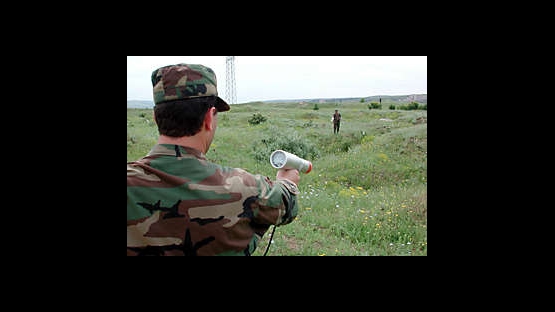The IAEA, the United States and Russia are planning a three-day conference to promote the security of radioactive material, with sessions focused on preventing threats posed by radiological dispersal devices, or so called "dirty bombs". The conference is planned for the second week of March 2003, at the Hofburg Palace, Vienna and is open to all Member States.
The International Criminal Police Organization, World Customs Organization, the European Commission and the European Police Office have also been invited to co-operate.
IAEA Director General, Dr. Mohamed ElBaradei, said a main focus will be on further strengthening the frameworks for the safety and security of radioactive materials. Radioactive materials have been widely used for decades for beneficial purposes -- from diagnosing and treating illnesses, to monitoring oil wells and water aquifers. "But a lack of control over the thousands of radioactive sources worldwide makes their acquisition and use by terrorists a real possibility," he said. "What is needed is cradle-to-grave control of powerful radioactive sources to protect them against terrorism or theft," he said.
Major topics being considered for conference sessions include:
- Recovering and securing high-risk, poorly controlled radioactive sources;
- Strengthening long-term regulatory control of radiological sources;
- Stopping illicit trafficking/border controls; and
- Planning the response to radiological emergencies arising from the malevolent use of radioactive sources.
US Energy Secretary Spencer Abraham stressed the importance of global cooperation. "We are all vulnerable, so we all have to work together".
In June this year, the Agency, the US and Russia established a tripartite working group on "Securing and Managing Radioactive Sources". The group is developing a strategy to locate, recover, secure and recycle orphan radiological sources in the Former Soviet Union.
In Kabul, Afghanistan, in March 2002 the IAEA secured a powerful cobalt source abandoned in a former hospital. In Uganda a week later, the Agency helped to secure a source that appeared to have been stolen for illicit resale. Most recently, the IAEA helped Georgia to locate and recover sources once housed in radiothermal generators, as part of ongoing assistance.


